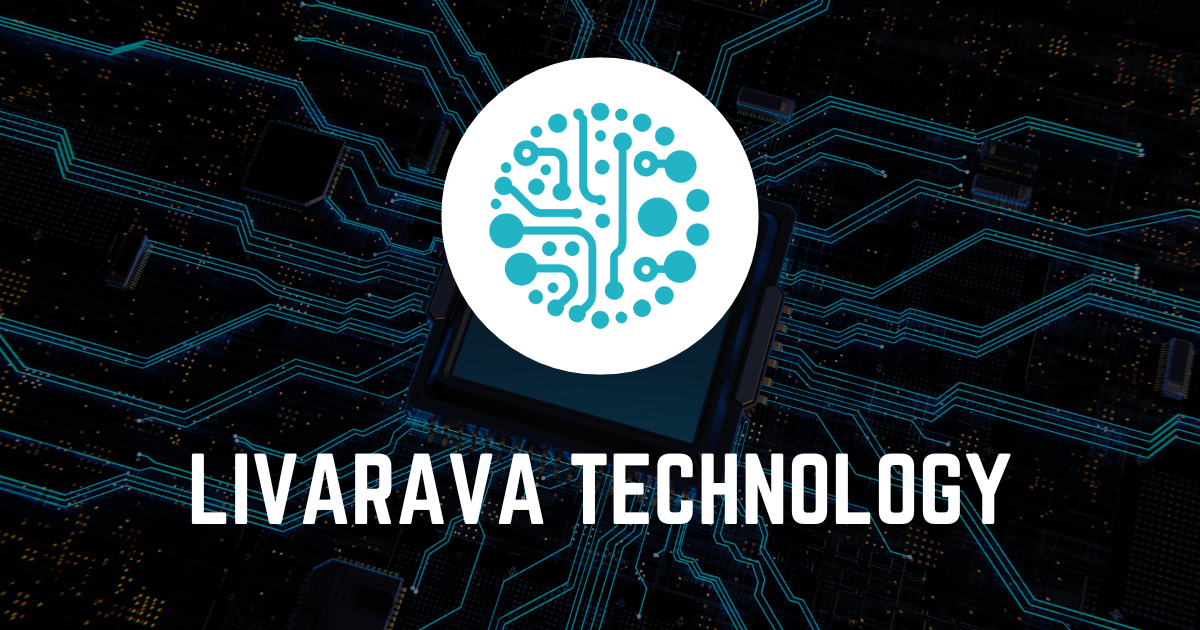Exploring the Impact of Bias in Voter Decision-Making Ahead of the U.S. Presidential Elections

Understanding Voter Biases
In just a few months, voters across America will head to the polls to decide who will be the next U.S. president. A new study draws on mathematics to break down how humans make decisions like this one and highlights the role of inherent biases.
Key Findings
- Those with stronger biases tend to make more assertive choices.
- Bias can significantly influence voter turnout and preferences.
- Awareness of personal biases is critical for making informed electoral choices.
Conclusion
This research offers valuable insights into the electoral process, suggesting that understanding our own biases could lead to more informed voting decisions.
This article was prepared using information from open sources in accordance with the principles of Ethical Policy. The editorial team is not responsible for absolute accuracy, as it relies on data from the sources referenced.